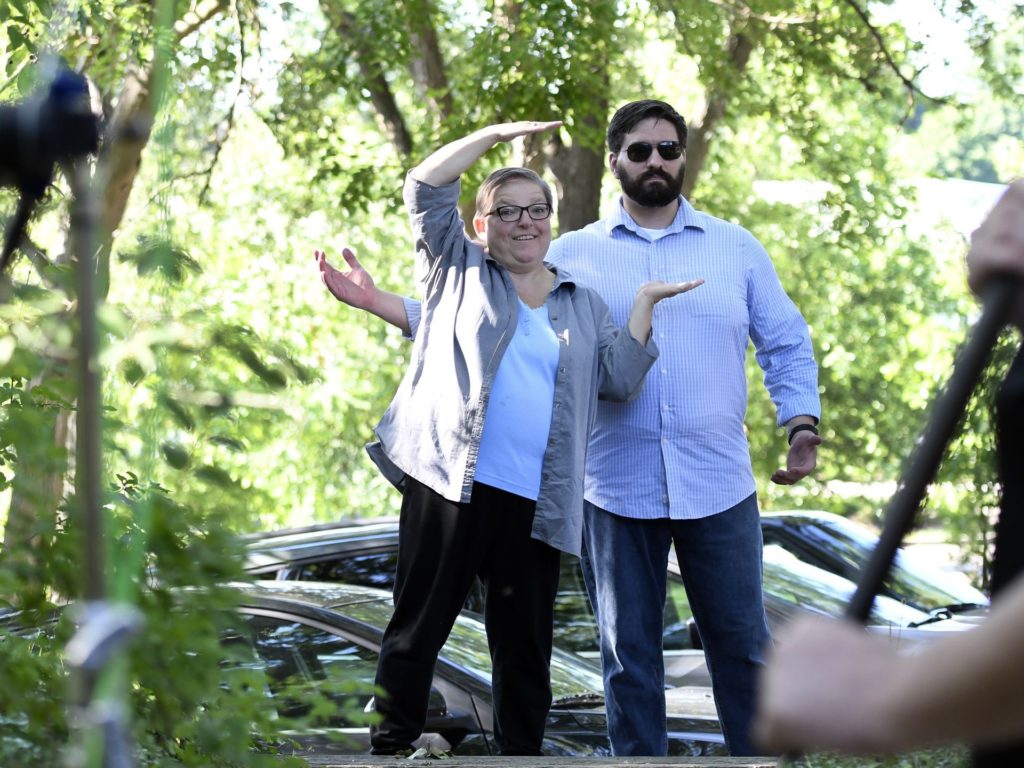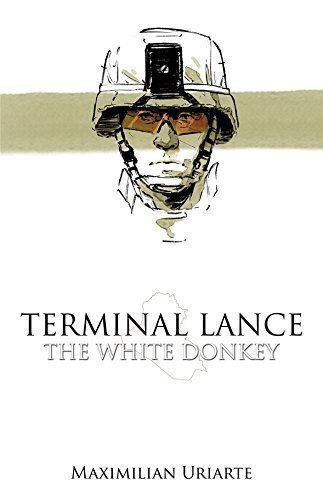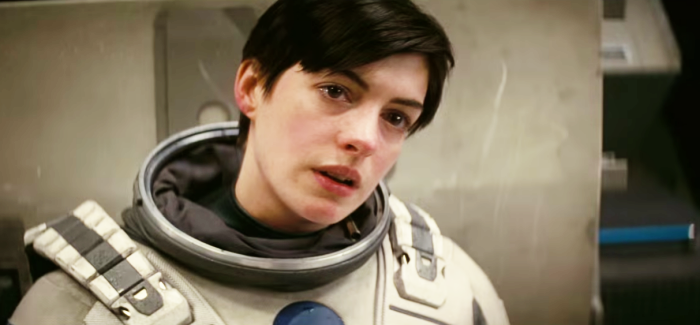Well, cover reveal Friday is here!
Thanks to the good people at Uncanny Magazine for hosting the big reveal and announcement of the book I wrote with Tobias Buckell, The Runes of Engagement.
Definitely also head over to check out the way in which I am described–which is all my fault (apart from the “ex-Marine” thing)–as the descriptor “extreme amateur landscaper” appears in my bio here, as well. It occurred to me only when encountering that in the wild that I realized it sounds like I’m an unpaid landscaper who goes in for weird and wild feats of topiary when that is… not the case. But hey, the book is awesome and cover looks great, so check it out!



